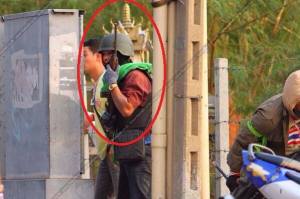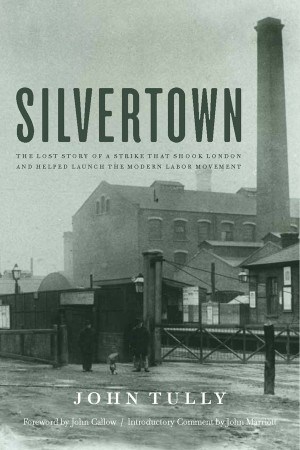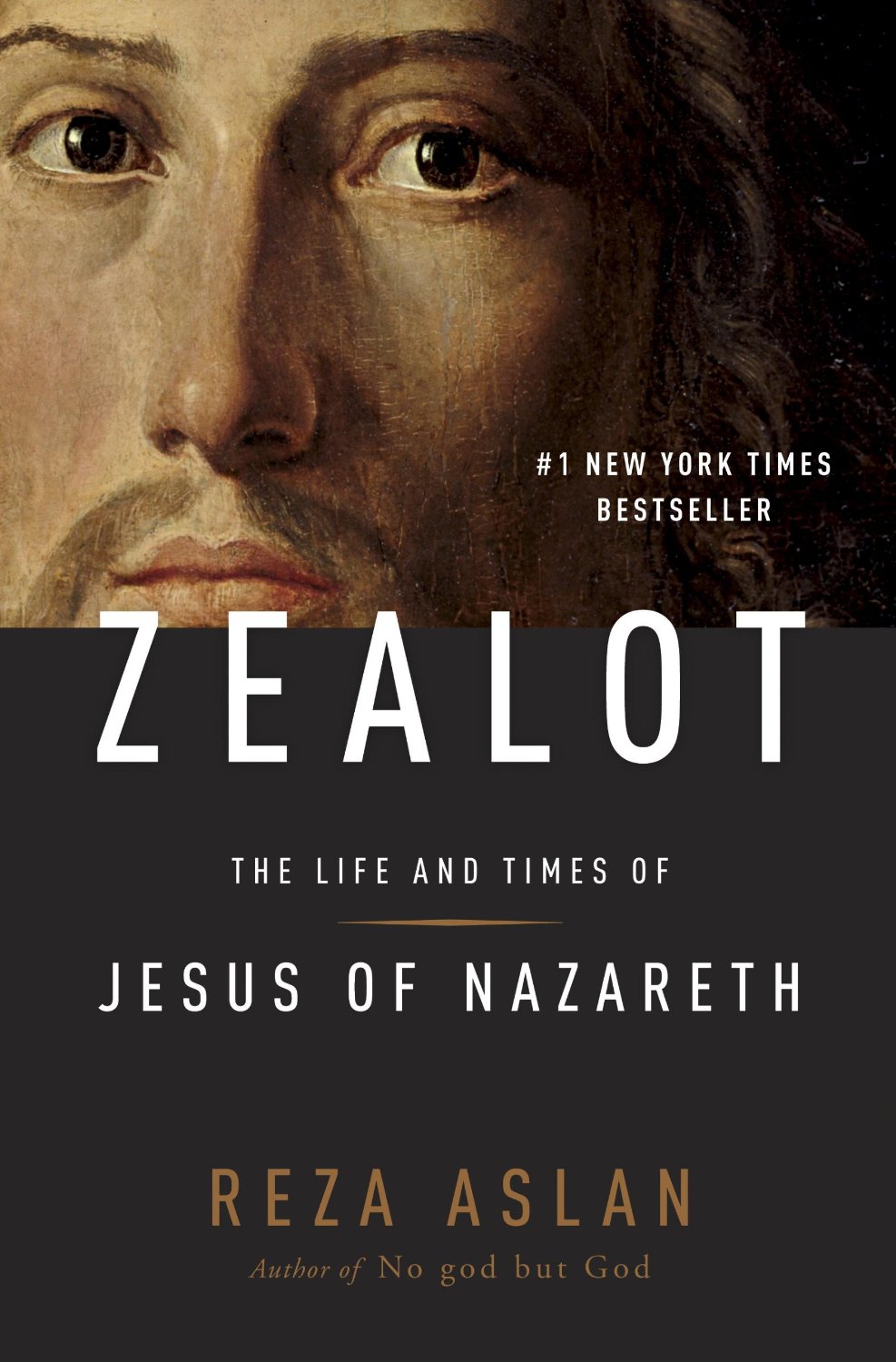Venezuela: The political economy of inflation and investment strikes

Hugo Chavez addresses oil workers in 2007, pushing for more national control of the country's oil.
El Salvador: FMLN wins first round of presidential election

Salvador Sanchez Ceren, candidate for the leftist FMLN party, gave a rousing speech on February 2 to announce victory in the first-round.
Venezuela: A year since Hugo Chavez’s death -- special edition of the AVSN broadsheet

By the Embassy of Venezuela in Australia
How we can use the Transitional Program today: a response to Socialist Alternative

"Allen Myers denies the possibility of using the Transitional Program as a tool to advance the
Thailand: February 2 election has solved nothing; unity of democratic forces needed

Anti-democratic thugs opened fire on those wanting to vote.
Spain: 'Because it’s my choice', statement on abortion rights to Spain’s House of Commons

Tens of thousands marched on February 1 in Mad




